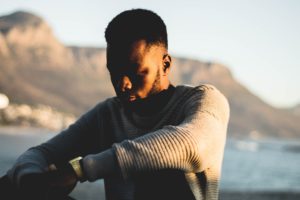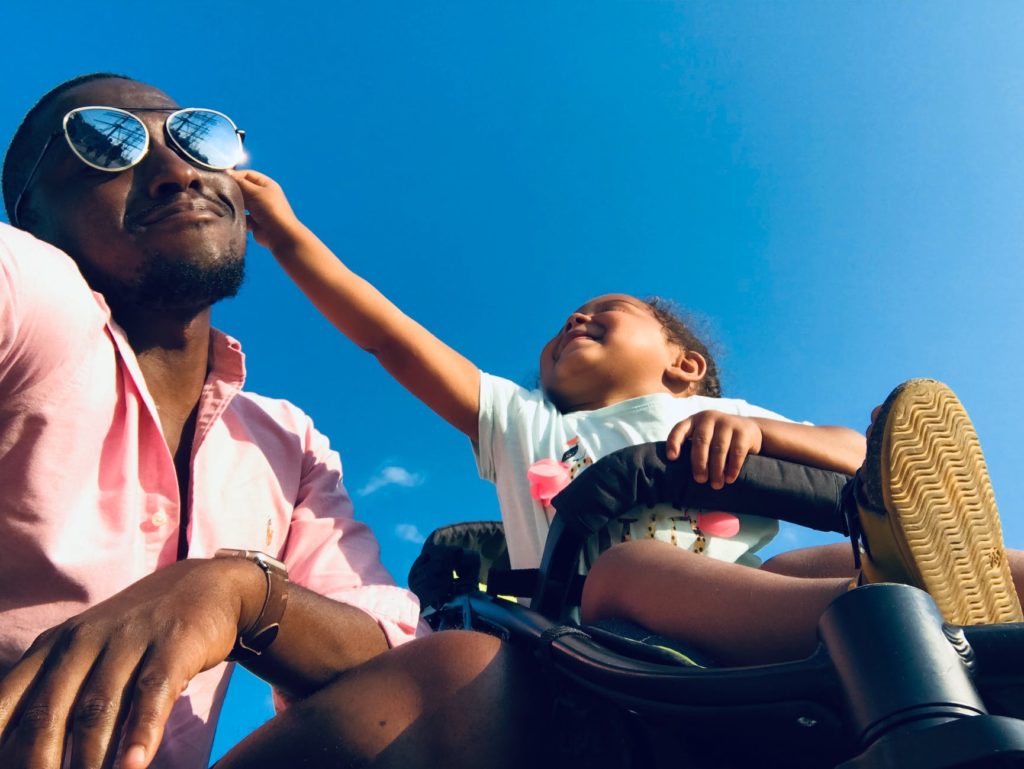For the record, there will be spoilers. If you haven’t seen Black Panther, stop doing what you’re doing right now, buy tickets, and go see it.
One theme that came up often throughout the movie was the idea/ question on the importance of family and how your parents shape you.
To me it breaks down into several ideas:
- Women are the keepers of the culture
- Women handle more of the shaping of children, including punishment and setting expectations
- Men teach their sons how to be men
- Men without parents end up a certain way, like W’kabi and Killmonger
- The actions or loss of parents shape people
In a lot of deep ways, Eric and T’challa were foils to each other. I feel like this is really evident in their relationships with their parents. Both men looked up to their fathers, whose betrayal and pain was passed onto their children, and those fathers grew up in the same culture. Eric’s father became radical and imparted parts of the culture onto Eric but also his radicalism. T’challa’s father raised him very traditionally. T’challa had his father until his adulthood. It was only after his father’s death found out his father’s flaws. Eric lost his father young, and so he also lost his male role model. He suddenly was faced with the harsh realities of Oakland, alone. He faced the prejudice of America alone to became a man of the street culture and yet because of his father’s support, he achieved. His achieved despite the pain of losing his father and living through injustice. This creates a real and valid rage but no tools for knowing what to do with it in a less violent way.
This theme shows up again with W’kabi. He lost both parents to the white villain. For now, let’s focus on what he had in common with Eric. Having lost both parents, he also has rage and pain and a lack of commitment to anybody. He’s arrogant, willing to do awful things, and when exposed to more radical thought can easily get caught up in it. They both search for vengeance for their loss of fathers and are willing to hurt anyone to do it.

There is also the importance of their mothers. T’challa has a mother. W’kabi and Eric don’t. I feel like the fatherhood piece is much more in your face in terms of importance, and yet I think that the lack of mothers is actually more relevant. As far as I’m aware African cultures are often matriarchal and therefore, African American culture is also. A lack of women sets up some issues, as there are some things you can’t get from men. Above I mentioned that women are the keepers of culture, and shape children through Punishment (aka discipline) and their expectations. There are many moments of showing the power and respect for women in Wakanda. One of my favorite examples of the role of mothers was right when T’challa greeted his mother. In the end of the conversation Shruti is leaving and being sassy towards her brother. Without even turning her mother puts her in her place with just a comment. Shruti immediately adjusts her behavior. Throughout the movie it’s clear the the mother is honored and it’s through her power and the expectations of how to treat women that the people in Wakanda are respectful. Even M’baku.
The one Wakandan that struggles with this respect and fitting into expectations is W’kabi. The one who lost BOTH parents to Klaue. He skips the hierarchy, disrespects his wife, and goes against tradition in that he believes he knows more than his wife in general. The shock of this is clear in Okoye face and the elder woman’s face. In the end, he chooses his wife over his pride, and submitted when she refused to back down. The second time I watched this movie I watched the crowd at this moment. Most seemed focused on him choosing love and how sweet that was. But I also noticed a collective sigh from the Black folk that he stopped being an idiot and going against his wife.

So then there is Eric. We never see his mother. Although they mention her in the movie she is never shown in capacity, not even a photo. To me that implies she likely died, but either way, she wasn’t around. Actually there are no women in any of the Oakland sections. During the heist, it’s implied that the unnamed Black woman might be his partner. Then, he kills her with no remorse or consideration. On one hand it says a lot about how he values life but also how little values the women in his life. She was as disposable as Klaue was. He sneers in the faces of women throughout the movie. No matter their age, status, or beauty he refuses to treat them any better than the colonizers he despises. Even destroys all the traditions that the women up hold. He gets W’kabi on his side, and with his tribe they try to silence not only T’challa but any woman. For me, it was such a drastic shift away from the traditional values and it was only when I realized that he had no mother that some of his reactions clicked into place for me.
Eric grew up on the streets without any feminine person in his life to shape his values and views of the world. Instead, the orphan listened to his father through the ears of a child and was shaped by the streets. By the time he became an adult he had no real understanding of the point and values behind tradition and the importance of that. He had no one to call him out when he was younger and grew into a maniac. Even after his death, it’s clear he knows little of what Wakanda is really like. This is why his challenge didn’t go over well also. In his superficial haste to take over he didn’t learn a thing about the people he was taking over. When T’challa takes him to see the sunset, he’s giving him a chance to live and Eric chooses death and his American heritage. This also comes up in the ancestral plane. Of coure Eric can’t be with the ancestors as he didn’t take place in the traditions, he doesn’t believe in bast, and has no real connection to Wakanda beyond his father, who chose to leave.
These three characters are all interconnected. They represent what happens to a person without parents and even more one without culture. Family matters, as does tradition. It’s one thing to leave those things as an adult but not having them or having them taken as children greatly affects people. This movie is, in part, about legacy and tradition and hopefully overcoming the terrible parts of your own legacy.
